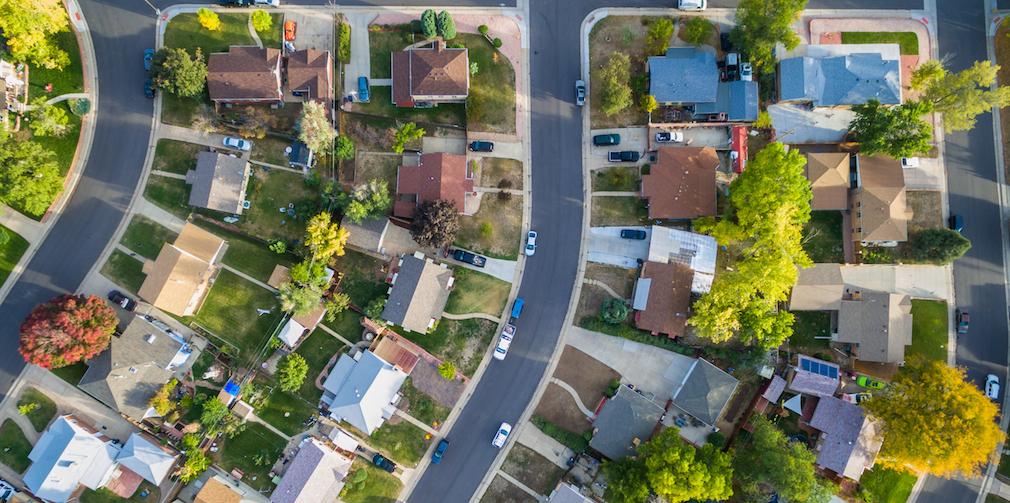After falling for three straight months, existing home sales reversed course in September, posting an increase, according to the latest report from the National Association of Realtors.
Total existing home sales, completed transactions that include single-family homes, townhomes, condominiums and co-ops, increased 0.7% in September to a seasonally adjusted annual rate of 5.39 million in September. This is up from 5.35 million in August.
This slight increase beat expectations which, according to one expert who served as Fannie Mae’s chief economist for more than 20 years, were expected to drop.
“Given the impact of recent hurricanes and declines in the National Association of Realtors’ Pending Home Sales Index and the Mortgage Bankers Association’s Purchase Applications Index, expectations were for a drop in September sales,” Nationwide Chief Economist David Berson said.
However, sales remain 1.5% below September 2016, and is the second lowest pace over the past year.
“Home sales in recent months remain at their lowest level of the year and are unable to break through, despite considerable buyer interest in most parts of the country,” NAR Chief Economist Lawrence Yun said. “Realtors this fall continue to say the primary impediments stifling sales growth are the same as they have been all year: not enough listings, especially at the lower end of the market, and fast-rising prices that are straining the budgets of prospective buyers.”
“Sales activity likely would have been somewhat stronger if not for the fact that parts of Texas and South Florida – hit by Hurricanes Harvey and Irma – saw temporary, but notable declines,” Yun said.
The median existing home price for all housing types increase 4.2% annually in September to $245,100, up from $235,200 last year. This marks the 67th straight month of annual home price increases.
“A continuation of last month’s alleviating price growth, which was the slowest since last December, 4.5%, would improve affordability conditions and be good news for the would-be buyers who have been held back by higher prices this year,” Yun said.
Housing inventory saw relief as it rose 1.6% to 1.9 million existing homes for sale in September. But inventory remains 6.4% below last year’s 2.03 million homes, and has fallen annually for 28 consecutive months. Unsold inventory decreased to a 4.2-month supply at the current sales pace, down from 4.5 months last year.
“It might be tempting to get overly excited by September’s existing home sales gains, however small, especially after three disappointing months in a row and in the wake of a string of incredibly disruptive hurricanes,” Zillow Chief Economist Svenja Gudell said. “But focusing on the short-term distracts from the bigger picture. Sales fell year-over-year for the first time since last July, and the reason is abundantly clear: It’s simply impossible to sell more homes when the number of homes for sale keeps falling.”
One expert explained this continually tight inventory is preventing many first-time homebuyers from entering the housing market.
“Weighing all the measures, the tight housing market got squeezed a little more last month, and that squeeze is keeping even more first-time buyers out of the market,” said Rober Frick, Navy Federal Credit Union corporate economist. “First-time buyers were 29% in September, down from 34% a year ago, as higher prices make it tougher for Millennials to join the ranks of homeowners.”
The pace of each home sale slowed in September to an average 34 days on the market, up from 30 days in August, but down from 39 days last year.





